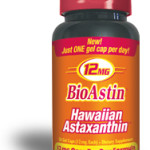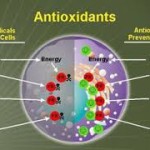Tyrosine Benefits
Tyrosine is used in treating: “depression, attention deficit disorder (ADD), attention deficit-hyperactivity disorder (ADHD), the inability to stay awake (narcolepsy), and improving alertness following sleep deprivation. It is also used for stress, premenstrual syndrome (PMS), Parkinson’s disease, Alzheimer’s disease, chronic fatigue syndrome (CFS), alcohol and cocaine withdrawal, heart disease and stroke, ED (erectile dysfunction), loss of interest in sex, schizophrenia, and as a suntan agent and appetite suppressant. Some people also apply tyrosine to the skin to reduce age-related wrinkles.” (Source: WebMD).
Taking 150 mg/kg of tyrosine seems to help people who have lost a night’s sleep stay alert for about 3 hours longer than they otherwise would. Also, early research suggests that tyrosine improves memory and reasoning in people who are sleep-deprived.
Topical preparation containing 10% vitamin C as L-ascorbic acid, acetyl tyrosine, zinc sulfate, sodium hyaluronate, and bioflavonoids (Cellex-C High Potency Serum) applied for 3 months to facial skin aged by sunlight seems to improve fine and coarse wrinkling, yellowing, roughness, and skin tone.
Not for use in people with Overactive thyroid (hyperthyroidism) or Graves disease: The body uses tyrosine to make thyroxine, a thyroid hormone. Taking extra tyrosine might increase thyroxine levels too much, making hyperthyroidism and Graves disease worse. If you have one of these conditions, don’t take tyrosine supplements.
- Thyroid hormone interacts with TYROSINE
The body naturally produces thyroid hormones. Tyrosine might increase how much thyroid hormone the body produces. Taking tyrosine with thyroid hormone pills might cause there to be too much thyroid hormone. This could increase the effects and side effects of thyroid hormones.







Leave a Reply